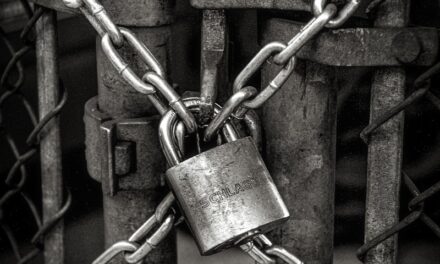Matthew 24:36–25:13: An Hour You Do Not Expect
Introduction
Now that Jesus has prepared his disciples for the tribulation they will endure, and the vindication of him that they will witness, at the destruction of the temple, Jesus must teach about the end. While Jesus gave many details of what to expect, including a timeframe for when to expect it (“this generation will not pass away”; Matt. 24:34), Jesus gives no such promises in Matthew 24:36–51. Instead, Jesus only warns that his return will be unexpected. Then, in Matthew 25:1–13, Jesus explains what his disciples must do as they await his eventual return: to make preparations now knowing that Christ may return at any point. In Matthew 24:36–25:13, Jesus instructs his disciples to expectantly prepare for Christ’s unexpected return.
Discussion Questions
1. How does the transitional phrase “but concerning” (24:36) shift the subject? What question does Jesus here begin to answer (see Matt. 24:3)? How would you contrast what Jesus said about “these things” concerning the destruction of the temple, as opposed to “that day and hour” concerning his final return at the end? What does Jesus mean when he says that even the “Son” does not know when he will return?
2. What does Jesus warn about in 24:37–39? What were the people doing in Noah’s day? How might that correlate to the pursuit of pleasure in today’s world? What role does the pursuit of pleasure play in your own life? What does Jesus warn about in 24:40–44? How do you think that work might distract us from eternal concerns, so that we are unprepared for his coming? What role does your work and your career play in your own life?
3. What does Jesus warn about in 24:45–51? How does this apply to the work of pastors and other leaders in the church? How does this apply to the areas of stewardship over which God has set you in life? How are you tempted to misuse and to abuse what God has entrusted for your stewardship for your own pleasure and comfort? What is one area where you need to repent in any of these errors that Jesus has discussed in 24:37–51?
4. What error do the foolish virgins make in Jesus’ parable in 25:1–13? What do you think that the oil in this parable represents? Are you prepared with that kind of oil in your life? How might we be in danger of being lulled to sleep when we are not actually prepared for Christ’s return? Are you vigilant when you encounter the ordinary means of grace (Word, prayer, and sacraments) to prepare for Christ’s return? If so, how might you get prepared today?




